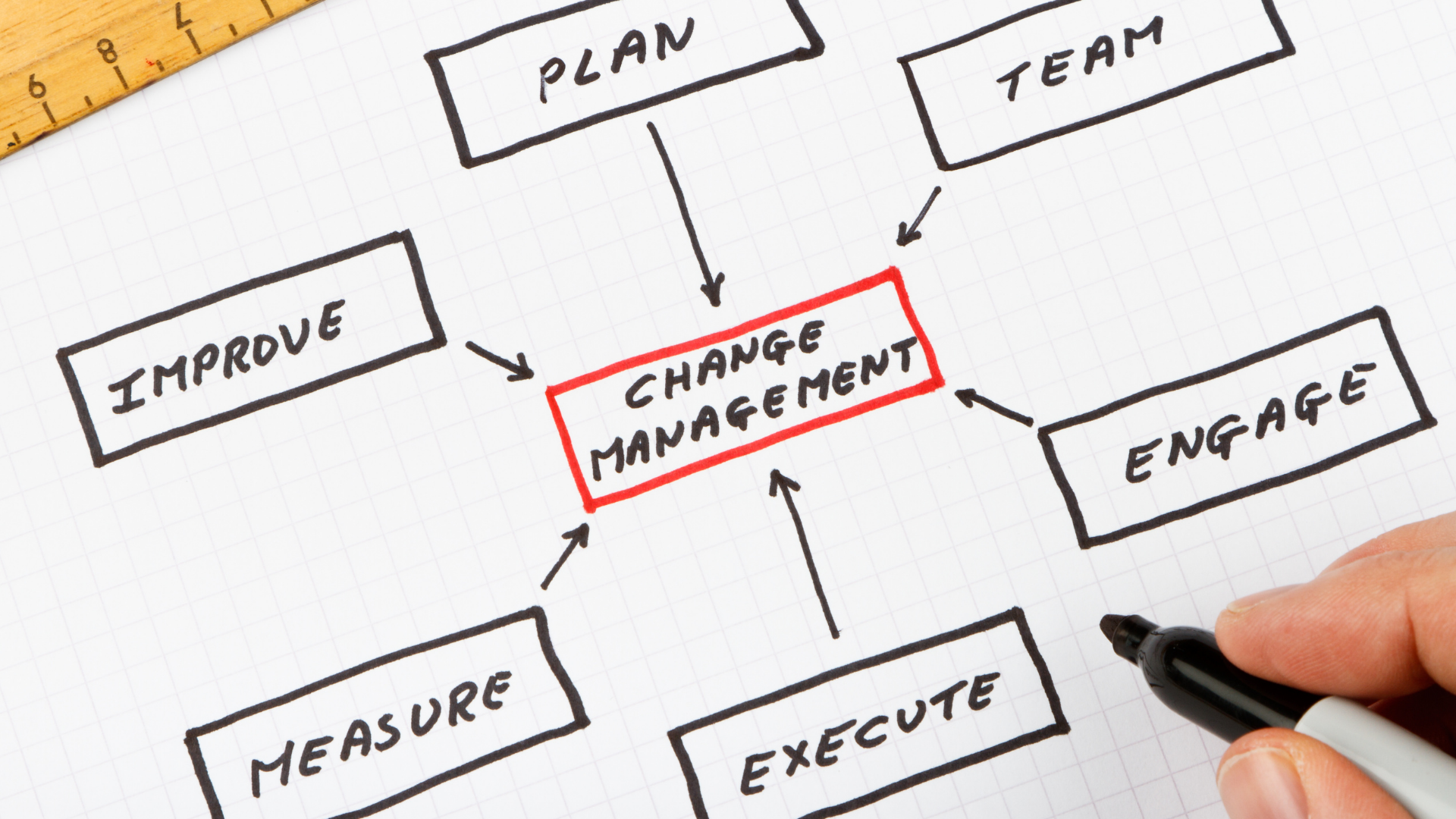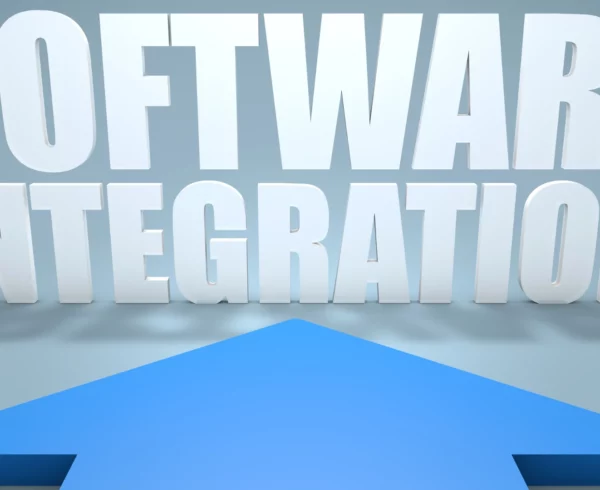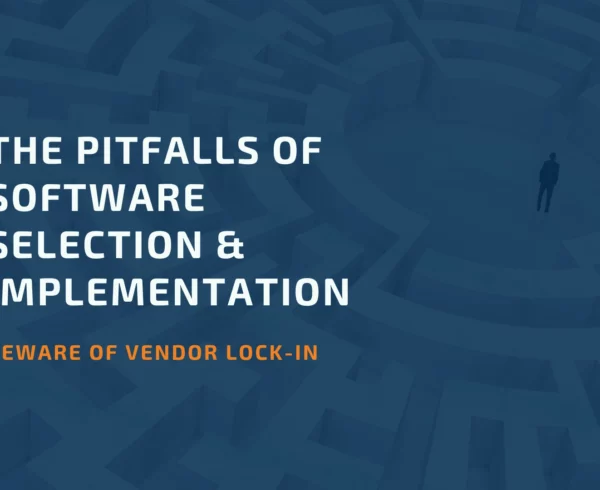What is Organizational Change Management? | Introduction to Change Management
Today, most organizations are in endless evolution in response to the fast-moving business environment, local and global economies, and advancements in technology. As a result, workplace processes, systems, and strategies must continuously change to remain competitive.
The change affects your most important asset, your staff. Losing employees is expensive due to the associated recruitment costs and the time to get new employees up to speed. In addition, each time an employee walks out the door, essential intimate knowledge of your business leaves with them.
It is vital to consider a change management plan that supports a smooth transition and guides your employees through the change journey. Unfortunately, the harsh fact is that approximately 70 percent of change initiatives fail due to negative employee attitudes and unproductive management behavior. To ensure that you are in the ‘winning’ 30 percent, you should use the services of a professional change management consultant.

What Is Organizational Change Management?
Organizational change management is the human component of organizational change. It comprises using a people-focused structure to business transitions to ensure positive benefits. Leaders must ensure that employees aren’t left behind when a business moves toward a desired future state. Leaders who want to improve their change management skills will need to develop business management and psychology competencies.
Why Is Change Management Important?
It is important to know why organizational change management is essential to understand it. Applicable change management techniques can help companies successfully achieve many positive transitions, such as:
- Adopting new technology systems
- Solidifying new processes
- Integrating acquired businesses
- Restructuring departments and leaders
Managing Change in Organizations
Clearly Define the Change & Plan Accordingly.
Before you bring the proposed change to your team, make sure you have a precise plan that covers at least when, how, and why the change is taking place. Hopefully, you will have documented the tasks needed to get you to your end goal, outlined new or changing responsibilities for anyone impacted, formulated a fully-developed timeline, and come up with answers to address possible concerns.

Create a Change Team
Companies must determine the members of management who need to be directly involved in the transition planning stages. These typically include top executives, human resources professionals, and managers of essential departments. Next, executives must decide how the team will function, including delegating tasks and responsibilities to specific members, setting meeting times, and outlining methods of communication. Finally, this team will establish the vision and set the goals communicated across the organization during the change.

Determine Impacts and Those Affected
Once you understand precisely what you expect to achieve and why, you should then determine the impact of the change at different organizational levels, review the effect on each business unit and determine how it cascades through the organizational structure to the individual. This information will form the blueprint for where most training and support are needed to mitigate the impacts.
Create a Timeline
The change team should create a timeline for executing the transformation for managers and employees. For example, implementing more significant transitions may need to happen in stages. The team should also set measurements for success and identify possible barriers that could slow progress along the way.
Keep Lines of Communication Open
The lines of communication between you and your employees should always be kept open. Holding team meetings and remaining open to questions will open the door and invite your reports to talk through their thoughts and concerns in a non-threatening atmosphere. It is crucial to take the time to explain to them why the change is necessary and happening and what it will look like when it does.
Create a Roadmap
Transparency is a good thing. Helping your employees understand where the organization is, where it’s been, where it’s going, how the change plays into the business’s history, and how it will shape its future will serve you well in the long run. In addition, by demonstrating the thinking and strategy behind the change, you will help your staff understand how it fits into the business model they know.

Provide Effective Training
Once the change message is out in the open, your staff must feel comfortable that they will receive training, be it informal or structured, and provide them with the skills and knowledge needed to operate efficiently during the implementation of the change. For example, training could include micro-learning online modules or a blended learning approach incorporating face-to-face training sessions or on-the-job coaching and mentoring.
Monitor and Measure
When the change process is in motion, maintaining consistent oversight over implementation to ensure that things are going smoothly is essential. Keep a close eye on potential problems, and address any issues promptly. Define metrics to measure success and continually monitor them to ensure that you’re staying on track. And continuously check in with key stakeholders to gauge their perceptions and get any relevant feedback.
Is your business going through a time of organizational change? The BHC Group can assist in managing the change process to meet business goals and minimize the associated impacts.
Give us a call. We can help.





